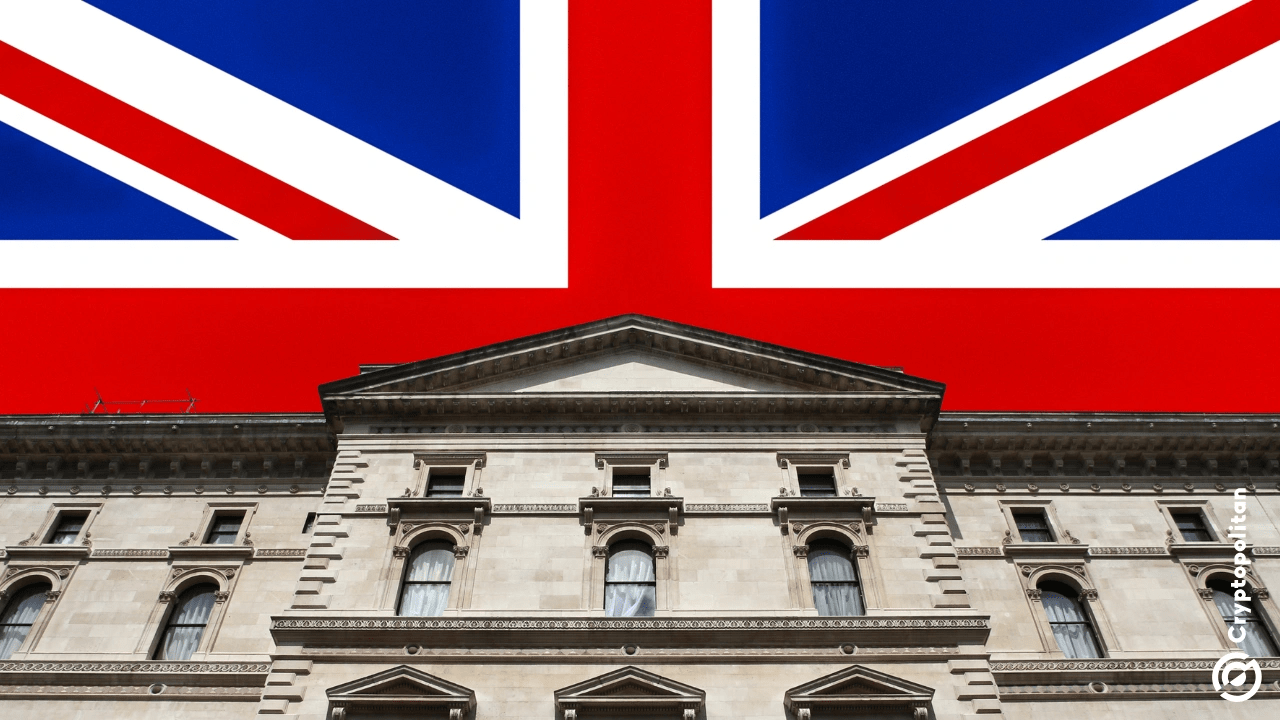according to materials from the site - By Cryptopolitan_News

In August, business activity in the UK reached its highest pace in a year, with the government borrowing less than economists had forecasted for July, resulting in a slight improvement in public finances despite slowing growth and maintaining low hiring levels.
The S&P Global UK Composite Purchasing Managers’ Index rose to 53 in August from 51.5 in July. A value above 50 indicates growth, and August marked the fourth consecutive month in this zone.
The growth was driven by an increase in demand in the business services sector, where companies reported a more noticeable rise in new orders. British manufacturers also reported improved sentiment, but the services sector set the tone and ensured an overall increase in the index compared to the previous month.
Regarding public finances, separate data released on Thursday showed that the central government borrowed £1.1 billion in July. This was less than the £2.1 billion deficit expected by the Office for Budget Responsibility for the month.
The shortfall was smaller than forecasted, providing the Treasury with some relief amid weaker-than-expected revenues and uneven recovery across sectors and regions.
The choice of budget options remains limited. Chancellor Rachel Reeves is expected to raise taxes in the budget to finance plans and meet her rule of covering current expenditures with tax revenues by 2029-2030. Officials are considering various options, including a possible change to property tax, as ministers face a gap in public accounts of at least £20 billion that needs to be closed.
Growth has slowed. US GDP rose by 0.3% in the second quarter compared to 0.7% in the first three months of 2025. On the other hand, the US economy rebounded, demonstrating an annual GDP growth of 3% in the second quarter, as recently reported by Cryptopolitan. Companies stated that the anticipated tax increases and sharp rises in the minimum wage undermine confidence, increase costs, and force managers to restrain hiring.
Hiring remained weak despite high business activity.
Employment figures have declined for the eleventh consecutive month. Many companies report cuts in hiring and layoffs. At the same time, new vacancies remain unfilled, indicating caution among companies when hiring new specialists.
The latest report from the Office for National Statistics also showed that July borrowings were the lowest for that month in three years. Borrowings typically decline in January and July as these months coincide with key income tax payment dates. This seasonal trend reflects the calendar of taxpayer payment deadlines and was observed again this year.
The overall figure for July was driven by a £2.7 billion increase in revenues from self-assessed income tax and lower-than-expected interest payments on public debt. Revenues also increased following the decision made in October to raise employer contributions to national insurance; the OBR stated that these payments were nearly 24% higher than July of last year, which increased the monthly volume of borrowings.
Even accounting for the July figures being below expectations, the overall picture remains unstable. From April to July, the first four months of the financial year, borrowings reached £60 billion. The current volume generally aligns with the OBR forecast published in March.
The oversight body will publish new growth and public finance forecasts simultaneously with the budget. The Treasury is preparing for the risk of a downward revision of the OBR's productivity forecast, which is likely to lead to increased borrowings.
Regarding the budget rule indicator, the current budget deficit, excluding capital expenditures, stood at £42.8 billion since the beginning of the year, which is £5.4 billion more than for the same four months in 2024, and £5.7 billion above the OBR's forecast for this period.
